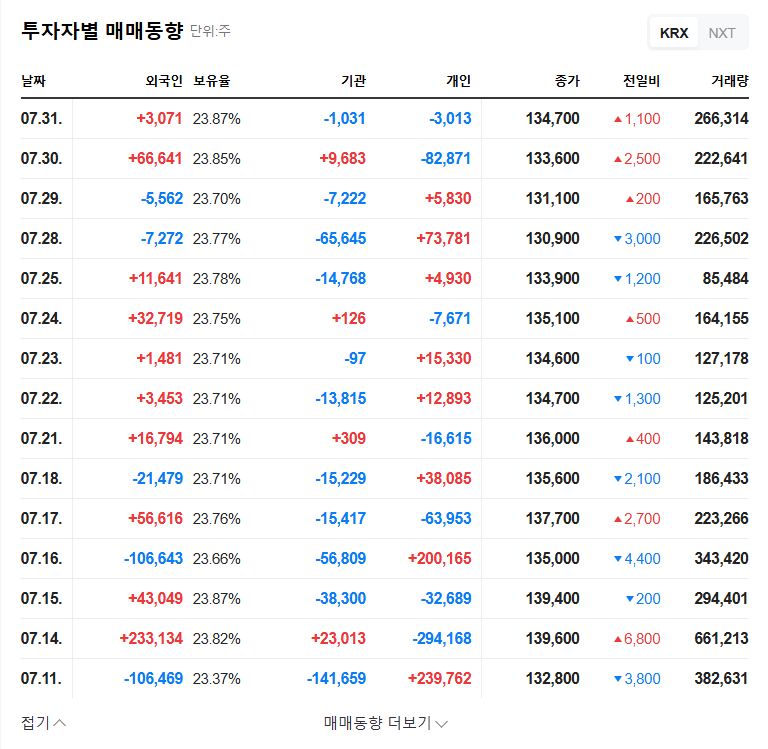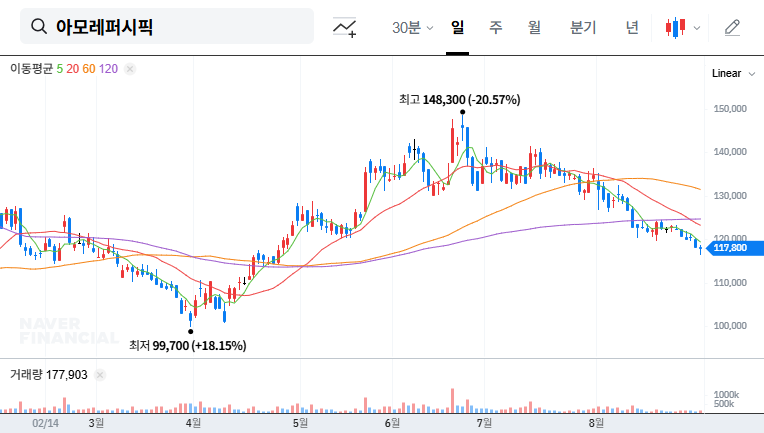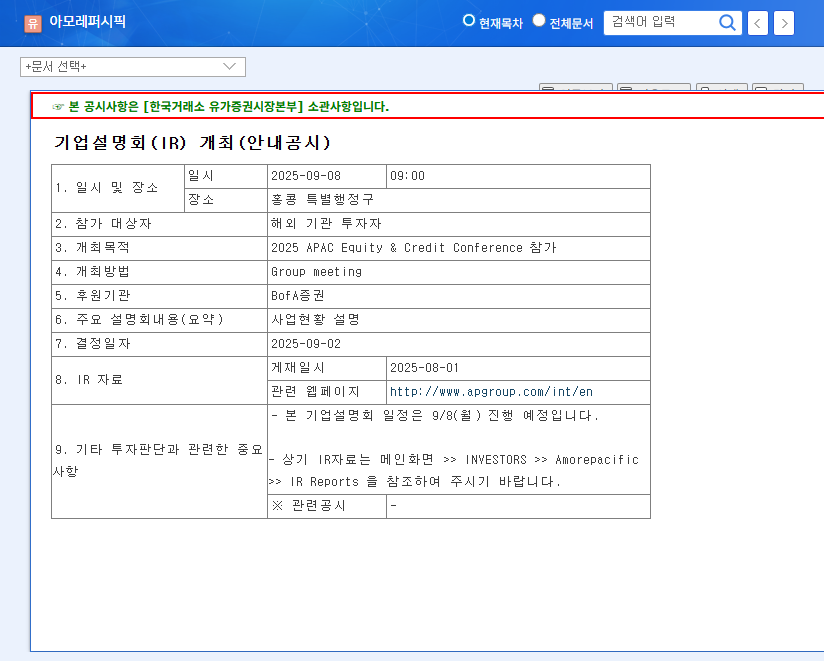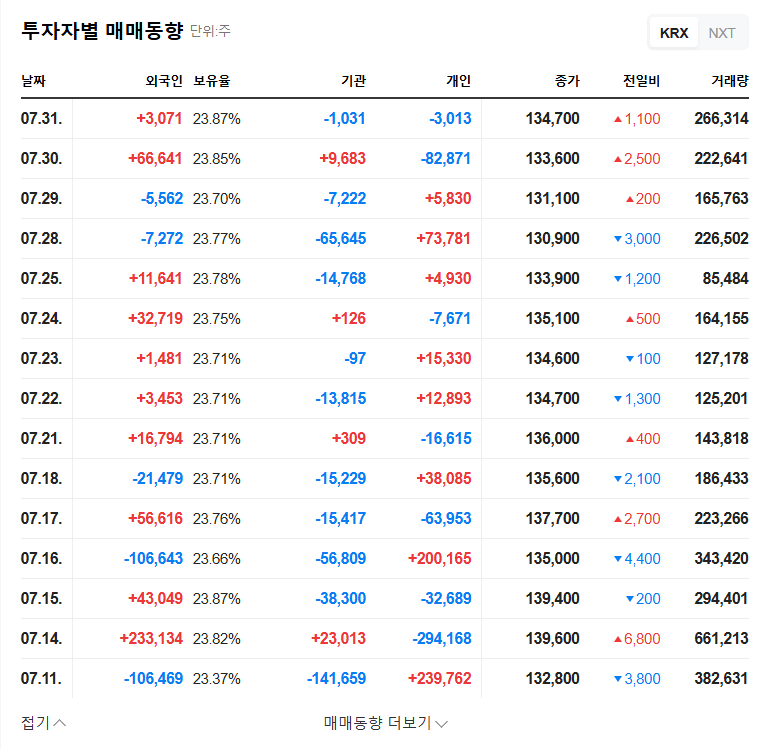
1. Amorepacific’s 2026 Forecast: Targeting 44 Trillion Won in Sales
Amorepacific has set its sights on achieving 44 trillion won in sales for the 2026 fiscal year. Considering the positive momentum observed in the first half of 2025, this target appears achievable.
2. Positive Growth Trajectory Confirmed in H1 2025
In the first half of 2025, Amorepacific recorded consolidated revenue of 20.725 trillion won (a 14.1% increase year-on-year) and operating profit of 1.914 trillion won (a 149.1% increase year-on-year). The growth of its overseas business (26.6% increase year-on-year) is particularly noteworthy.
2.1 Analyzing the Growth Drivers
- Cosrx Acquisition: Strengthening the global brand portfolio and creating synergy.
- Overseas Market Expansion: Strong growth in emerging markets such as the Americas and EMEA.
- R&D Investment: Securing future growth engines like functional cosmetics and derma cosmetics.
2.2 Potential Risk Factors
- China Market Uncertainty: Intensifying competition and potential regulatory changes.
- Exchange Rate Volatility: Impact of fluctuations in the KRW/USD and KRW/EUR exchange rates on profitability.
- Raw Material Price Fluctuations: Potential cost burden.
3. Action Plan for Investors
Amorepacific’s growth potential remains high. However, before making investment decisions, consider the following:
- Monitor Overseas Market Growth: Observe the sustainability of performance in the Americas and EMEA markets.
- Analyze China Market Strategy: Review the company’s China market strategy and risk management measures.
- Review Financial Indicators: Check financial soundness, including revenue growth, profitability, and cash flow.
What is Amorepacific’s sales target for 2026?
44 trillion won.
What are the main growth drivers for Amorepacific?
The Cosrx acquisition, overseas market expansion, and continued R&D investment.
What should investors be aware of when considering Amorepacific?
Investors should consider the risk factors, including uncertainty in the Chinese market, exchange rate volatility, and raw material price fluctuations.










